In today’s digitally-driven world, social media has become an indispensable tool for businesses of all sizes. For small businesses, in particular, harnessing the power of social media marketing can level the playing field, allowing them to compete with larger competitors while reaching and engaging with their target audience effectively. In this comprehensive guide, we’ll explore the essentials of social media marketing for small businesses, providing actionable tips and strategies to help you succeed in the dynamic world of social media.
Why Social Media Marketing Matters for Small Businesses
Social media platforms have revolutionized the way businesses connect with their audience. With billions of active users worldwide, platforms like Facebook, Instagram, Twitter, LinkedIn, and others offer unprecedented opportunities for small businesses to:
- Build Brand Awareness: Social media allows small businesses to showcase their brand personality, values, and offerings to a global audience, increasing brand visibility and recognition.
- Engage with Customers: Social media provides a direct line of communication with customers, enabling businesses to engage in real-time conversations, address inquiries, and provide timely customer support.
- Drive Website Traffic: By sharing compelling content and promotions on social media, businesses can drive traffic to their website, increasing the likelihood of conversions and sales.
- Generate Leads and Sales: Social media platforms offer robust advertising tools and targeting options, allowing businesses to reach potential customers with tailored messages and promotions, ultimately driving leads and sales.
- Gain Insights and Feedback: Social media analytics tools provide valuable insights into audience demographics, preferences, and behaviours, helping businesses refine their marketing strategies and improve customer satisfaction.
Key Strategies for Social Media Marketing Success
- Define Your Goals and Audience: Before diving into social media marketing, identify your business objectives and target audience. Whether it’s increasing brand awareness, driving website traffic, or boosting sales, having clear goals will guide your social media strategy.
- Choose the Right Platforms: Not all social media platforms are created equal. Select platforms that align with your target audience and business goals. For instance, if you’re targeting a younger demographic, platforms like Instagram and TikTok may be more effective than LinkedIn.
- Create Compelling Content: Content is king in social media marketing. Produce high-quality, engaging content that resonates with your audience. This could include informative blog posts, captivating images, entertaining videos, or interactive polls and quizzes.
- Be Consistent and Authentic: Consistency is key to building brand trust and loyalty on social media. Maintain a regular posting schedule and stay true to your brand voice and values. Authenticity breeds authenticity, so be genuine in your interactions with followers.
- Engage and Interact: Social media is a two-way street. Encourage engagement by responding to comments, messages, and mentions promptly. Foster a sense of community by asking questions, running polls, and encouraging user-generated content.
- Utilize Paid Advertising: While organic reach is valuable, paid advertising can amplify your social media efforts. Experiment with targeted ads, sponsored posts, and promoted content to reach new audiences and drive specific actions.
- Monitor and Analyze Performance: Regularly monitor your social media metrics to gauge the effectiveness of your efforts. Track key performance indicators such as engagement, reach, click-through rates, and conversions. Use these insights to refine your strategy and optimize future campaigns.
Tools and Resources for Social Media Marketing
- Content Creation Tools: Canva, Adobe Spark, and Piktochart are excellent tools for creating visually appealing graphics, infographics, and videos for social media.
- Scheduling and Management Tools: Platforms like Buffer, Hootsuite, and Sprout Social allow you to schedule posts in advance, monitor multiple accounts, and analyze performance metrics from a single dashboard.
- Analytics Tools: Facebook Insights, Instagram Insights, and Twitter Analytics provide valuable data on audience demographics, engagement metrics, and content performance, helping you make data-driven decisions.
- Paid Advertising Platforms: Facebook Ads Manager, Instagram Ads, and LinkedIn Ads offer robust advertising tools and targeting options for running paid social media campaigns.
Conclusion: Embracing Social Media Marketing
In conclusion, social media marketing presents an unparalleled opportunity for small businesses to connect with their audience, build brand awareness, and drive business growth. By defining clear goals, creating compelling content, engaging with followers, and leveraging the right tools and resources, small businesses can establish a strong presence on social media and unlock new opportunities for success. Embrace the power of social media marketing, and watch your business thrive in the digital landscape.

http://adilrafeeque.com/calicut/
GOOD
Excellent blog! Do you have any helpful hints for aspiring writers? I’m planning to start my own site soon but I’m a little lost on everything. Would you advise starting with a free platform like WordPress or go for a paid option? There are so many options out there that I’m completely overwhelmed .. Any suggestions? Many thanks!
I’m not that much of a internet reader to be honest but your blogs really nice, keep it up! I’ll go ahead and bookmark your site to come back in the future. Cheers
Well I really liked studying it. This tip offered by you is very helpful for good planning.